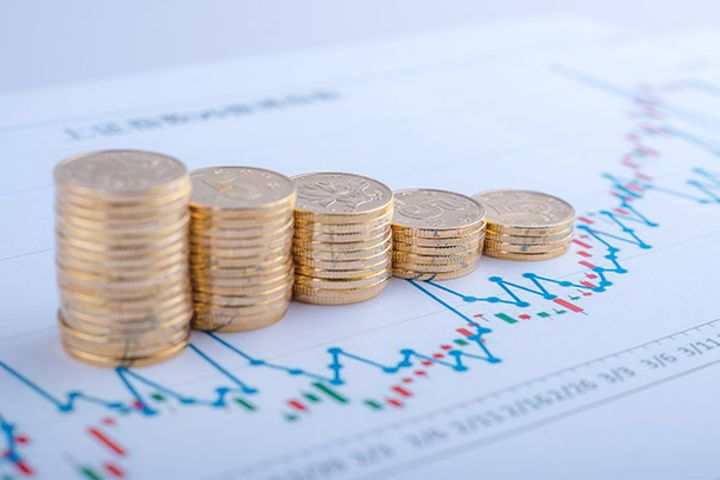 A Roundup of China's Financial News in the Week Ended Feb. 22
A Roundup of China's Financial News in the Week Ended Feb. 22
The Political Bureau of the Communist Party of China Central Committee held a group study session on Feb. 22 on improving financial services and preventing financial risks.
Xi Jinping, general secretary of the CPC Central Committee, underscored that China should deepen supply-side structural reforms in the financial sector and strengthen the sector's ability to serve the real economy. China should also properly manage market access and exit, tightening full-process supervision on transactions, and prevent and defuse financial risks, especially systemic financial risks, he added.

"External public opinion, especially market entities' overall evaluation, of some of the monetary policies implemented by the Chinese government recently has been positive, though some individuals doubted it, calling it quantitative easing," the Chinese government's website quoted Premier Li Keqiang as saying during a plenary meeting of the State Council held on Feb. 20.
The People's Bank of China announced at the start of this year that it would cut the reserve requirement ratio for yuan deposits by 1 percentage point. It added that the medium-term lending facility that will mature in the first quarter of this year will not be continued.
"China will continue with its prudent monetary policies and will never adopt indiscriminate strong economic stimulus," Li added.

The Securities Association of China, which collected opinions from brokerages on tax and fee cuts related to the capital market, released the findings on Feb. 21. The survey sought to find ways to ease the burdens on enterprises, improve the vitality of market entities, and guide the sector in serving economic and social development. The move attracted great attention, sending a positive signal to the market, insiders said.
Shares of brokerage firms rose more than 9 percent on Feb. 22, with 30-plus stocks hitting the daily price-rise limit. This further boosted the market, which led to a gain in mainland traded A-shares. The benchmark Shanghai Composite Index closed the day above 2,800 points at 2,804.23, while the Shenzhen Composite Index closed at 8,651.20.

The three-week window for feedback on proposed rules for the upcoming Shanghai Technology Innovation Board ended on Feb. 20, moving the board's opening another step closer. TIB's promotion has entered a new stage and many brokerages are gearing up though the countdown has yet to begin.

The National Bureau of Statistics and its provincial branches released residents' per-capita disposable income for last year on Feb. 20. The national average was CNY28,228 (USD4,202), an annual gain of 8.7 percent, and an actual growth rate of 6.5 percent after price rises.

China's online retail sales exceeded CNY9 trillion (USD1.34 trillion) in 2018, of which CNY7 trillion came from sales of tangible goods, up 25.4 percent annually, Ministry of Commerce spokesman Ago Fang said on Feb. 21. It made up 45.2 percent of the total retail sales of consumer goods, an annual gain of 7.3 percent.

Alibaba Group Holding disclosed on Feb. 19 that it had raised its stake in China International Capital Corporation. It now holds about 203 million Hong Kong-listed shares of CICC, representing 11.74 percent of the latter's Hong Kong stock and 4.84 percent of its total equity. Alibaba is expected to become CICC's fourth-largest shareholder after Central Huijin Investment, Haier Financial Holdings and Tencent Holdings.